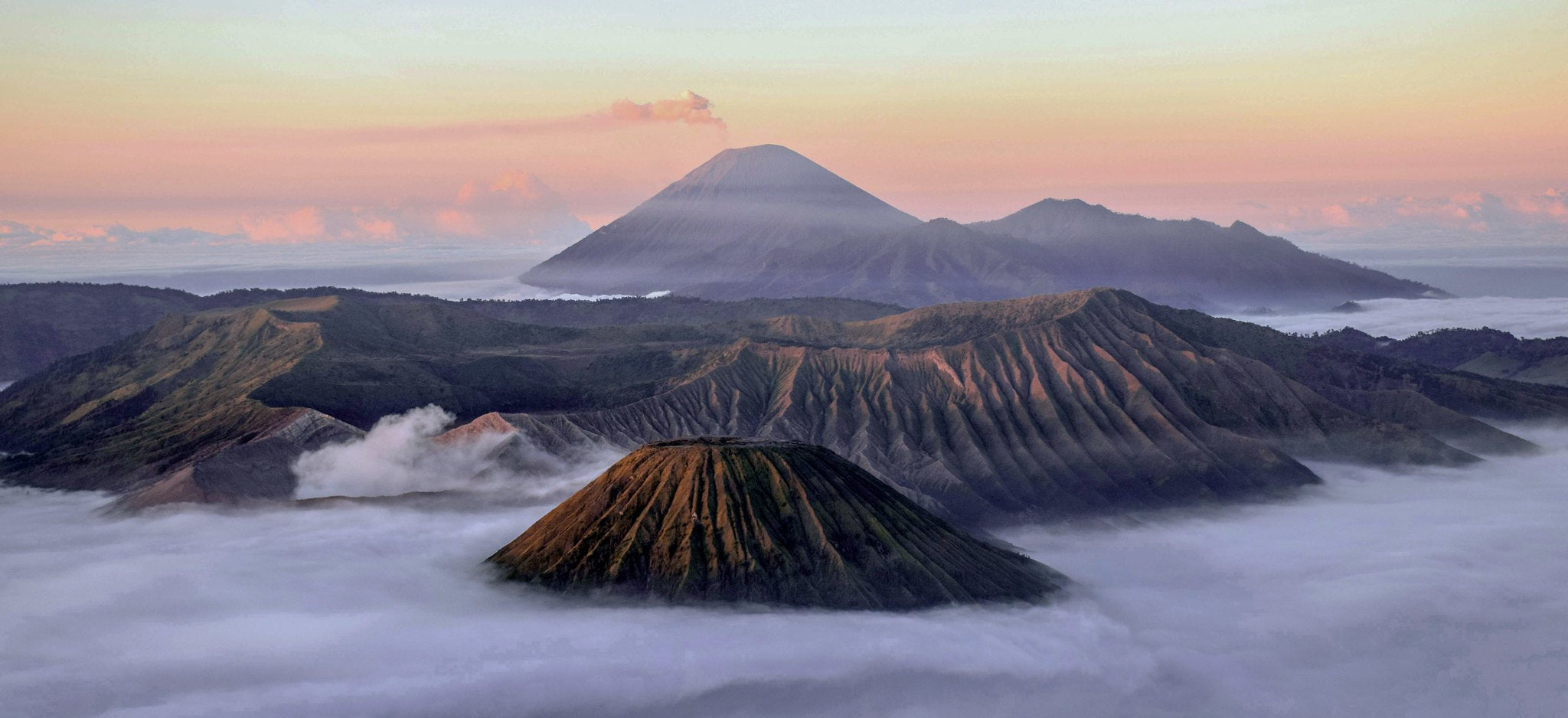
Indonesia
Exploring the Essence of Indonesian Vanilla
Indonesia has established itself as the second largest producer of vanilla after Madagascar. Vanilla from Indonesia is primarily grown in Java, Bali and Sumatra, with these regions boasting perfect growing conditions, a balmy equatorial climate, well distributed annual rainfall and loamy volcanic soil rich in organic matter.
Vanilla made its way to Indonesia during the Dutch colonial period. The Dutch East India Company played a pivotal role in introducing new crops to their colonies, seeking to diversify agricultural production and increase profits. Java, the most prominent island in the Dutch East Indies, was a prime candidate for such agricultural experimentation due to its fertile soil and favourable climate.
In the early 19th century, the Dutch began experimenting with vanilla cultivation in their Indonesian colonies. They imported vanilla cuttings from Réunion (then called Bourbon Island), a French colony that had successfully started growing vanilla after importing it from Mexico. The botanical gardens in Bogor (formerly Buitenzorg), Java, served as a key site for these initial experiments.
Today vanilla cultivation in Indonesia is primarily through the form of a large number of smallholder farmers taking advantage of their customary land rights which are held collectively by indigenous communities. These communities then form agricultural farming cooperatives allowing each community to pool their resources to achieve common goals and increasing bargaining costs, gaining better access to markets and services like storage, processing and transportation.
In an effort to ensure long term viability of its broader agricultural sector, the Indonesian government has put several programs into place to support the smallholder agriculture sector and rural communities with an emphasis on environmental conservation, organic farming principles and sustainable practices.
Indonesian vanilla represents more than just a culinary delight—it embodies a commitment to organic integrity, sustainable stewardship, and cultural heritage. By embracing these values, Indonesia not only enriches the world's palate but also paves the way for a future where agriculture harmonizes with nature, benefiting both present and future generations.
Indonesian Vanilla
-
INDONESIAN Vanilla Pods (Beans) - Grade A - FREE SHIPPING
Regular price From $8.00 AUDRegular priceUnit price / perINDONESIAN Vanilla Pods (Beans) - Grade A - FREE SHIPPING
Regular price From $8.00 AUDRegular priceUnit price / perINDONESIAN Vanilla Pods (Beans) - Grade A - FREE SHIPPING
Regular price From $8.00 AUDRegular priceUnit price / per -
JAVA Gold Label - Pure Ground Vanilla Powder - FREE SHIPPING
Regular price From $12.00 AUDRegular priceUnit price / perJAVA Gold Label - Pure Ground Vanilla Powder - FREE SHIPPING
Regular price From $12.00 AUDRegular priceUnit price / perJAVA Gold Label - Pure Ground Vanilla Powder - FREE SHIPPING
Regular price From $12.00 AUDRegular priceUnit price / per -
Indonesian Vanilla Bean Seeds (Dry)
Regular price From $25.00 AUDRegular priceUnit price / perIndonesian Vanilla Bean Seeds (Dry)
Regular price From $25.00 AUDRegular priceUnit price / perIndonesian Vanilla Bean Seeds (Dry)
Regular price From $25.00 AUDRegular priceUnit price / per





